Publications
Articles, publications, books, tools and multimedia features from the U.S. Institute of Peace provide the latest news, analysis, research findings, practitioner guides and reports, all related to the conflict zones and issues that are at the center of the Institute’s work to prevent and reduce violent conflict.

Jacob Stokes on China’s Credibility Problem
Amid the escalating Hong Kong crisis, USIP’s Jacob Stokes says China’s history of breaking deals has created a basic credibility problem that “relates to Hong Kong, it relates to territorial disputes
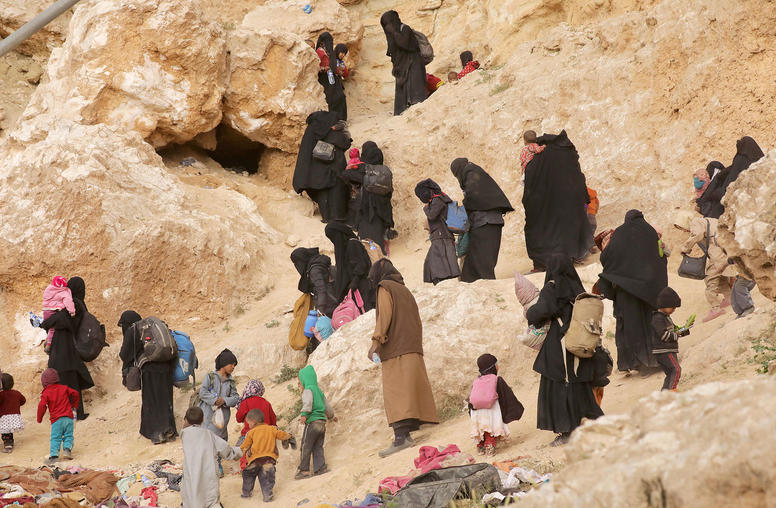
Injecting Humanity: Community-Focused Responses for People Exiting Violent Extremist Conflict
Communities worldwide face the challenge of reintegrating people exiting violent extremist conflicts. This report draws on established programs and the recommendations of authoritative bodies to exami

Frank Aum on the Latest on North Korea Nuclear Negotiations
Once U.S.-South Korean joint exercises conclude next week, USIP’s Frank Aum believes working-level negotiations with North Korea will resume. Despite the lack of progress over the last year, Aum says,
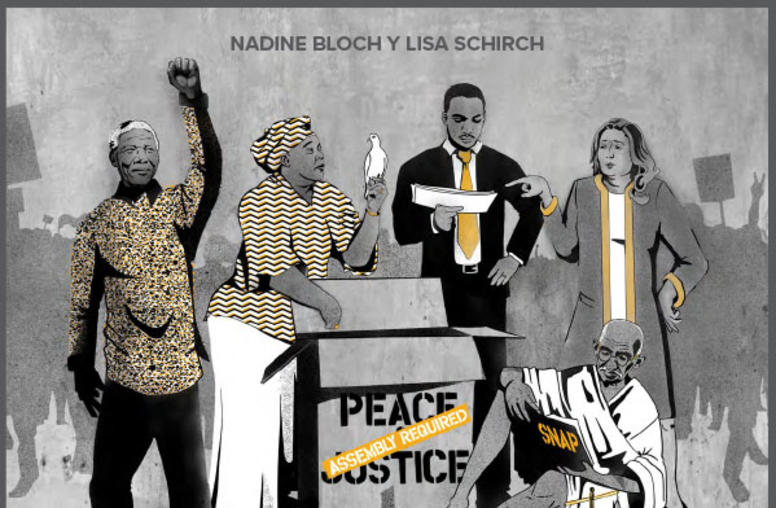
SNAP: Synergizing Nonviolent Action and Peacebuilding (Spanish)
Esta guía de acción busca tender puentes entre los profesionales en la construcción de la paz y la acción no violenta a fin de que se usen métodos de manera estratégica y con eficacia en el camino hacia la transformación de conflictos. Muestra cómo el diálogo, las habilidades de acción directa y los enfoques se pueden sinergizar para avanzar la justicia y la paz sostenible.
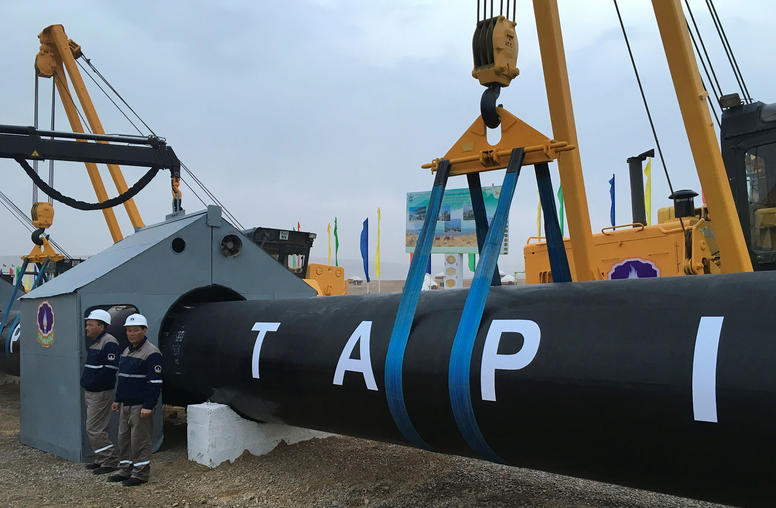
Central Asia’s Growing Role in Building Peace and Regional Connectivity with Afghanistan
In its 2017 strategy for South Asia, the Trump administration called on Pakistan to reduce support for the Taliban and encourage them to enter into peace negotiations. Yet as crucial as Pakistan will be to peace in Afghanistan, a similarly persuasive argument can be made for Afghanistan’s northern neighbors—the Central Asian republics of Kazakhstan, Kyrgyzstan, Tajikistan, Turkmenistan, and Uzbekistan. In this Special Report, Humayun Hamidzada and Richard Ponzio examine the vital economic and political roles these countries can play to support a just and lasting peace in Afghanistan and the region.
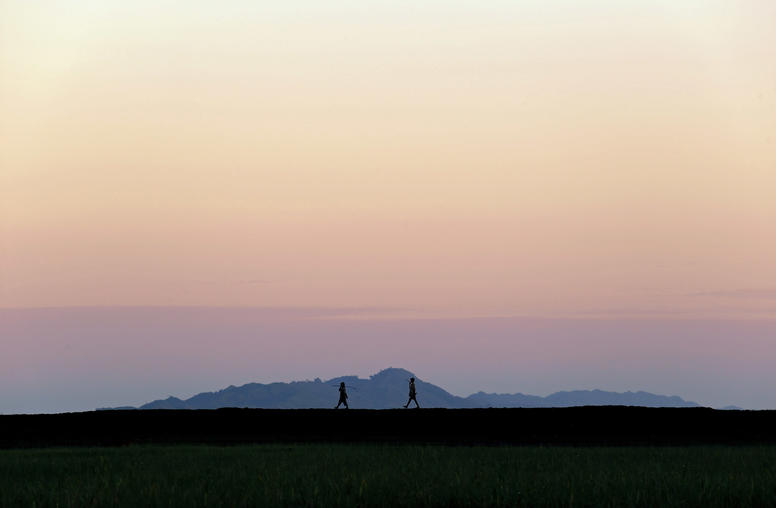
The Religious Landscape in Myanmar’s Rakhine State
This Peaceworks report maps the religious landscape of Myanmar’s Rakhine State, focusing in particular on the current and potential influence of religion in peace and reconciliation efforts. Part of a broader USIP initiative to map the religious landscape in conflict-affected environments, it presents key findings and offers recommendations to enable policymakers and peacebuilding practitioners to better navigate and engage within Rakhine’s religious landscape.

Scott Worden on a U.S.-Taliban Peace Deal
A peace agreement between the U.S. and Taliban is rumored to be imminent. But USIP’s Scott Worden says any deal would only be “the first step, the tip of the iceberg” for lasting peace in Afghanistan, as the conflict stems from political issues “that have been going on for about 40 years.”
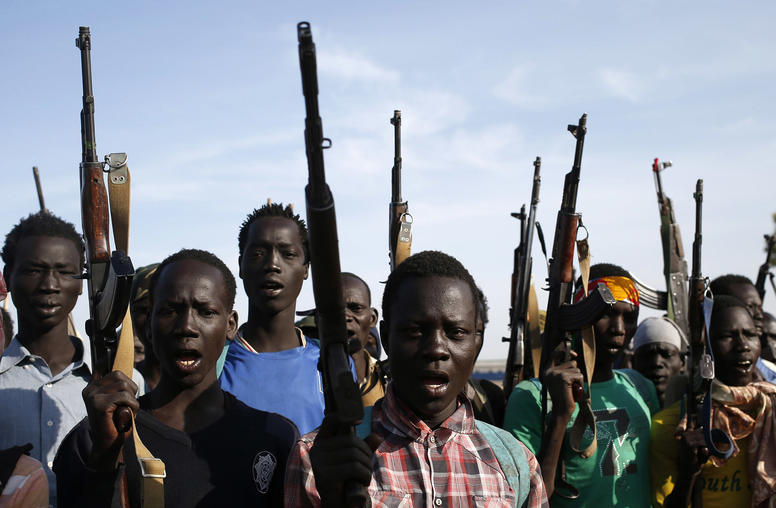
Ceasefire Monitoring in South Sudan 2014–2019: “A Very Ugly Mission”
More than five years after South Sudan’s first ceasefire agreement, ceasefire monitors are still on the ground. The hope was that their work would help overcome the mistrust between rival factions, halt ongoing violence, and deter further violations. Drawing on interviews with monitors, combatants, politicians, civil society representatives, diplomats, peacekeepers, and others, this report examines the history of ceasefire monitoring in South Sudan and offers recommendations for donors supporting future monitoring processes in South Sudan and elsewhere.
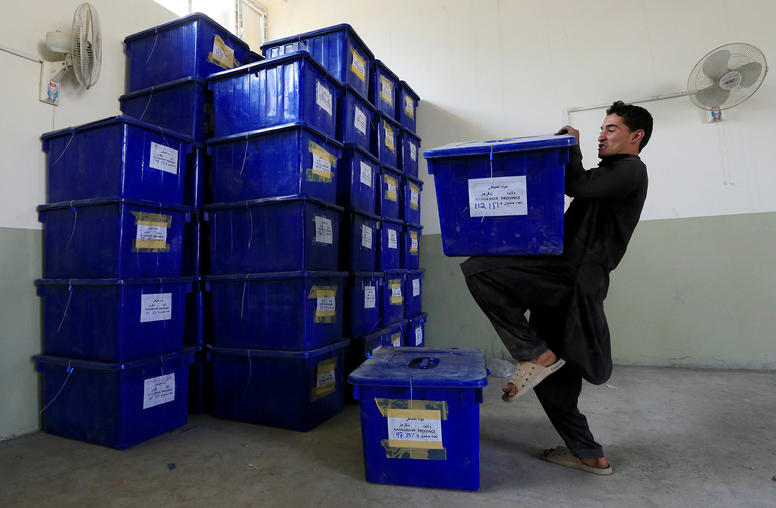
Breaking, Not Bending: Afghan Elections Require Institutional Reform
Afghanistan’s presidential election is scheduled to take place on September 28. In planning the election, the Independent Election Commission (IEC) must overcome a number of practical challenges to avoid repeating the mistakes of the 2018 parliamentary elections—elections that undermined the legitimacy of the state and reduced Afghans’ confidence in democracy as a means for selecting their leaders. Based on a careful analysis of the IEC’s performance during the 2018 elections, this report offers recommendations for creating more resilient electoral institutions in Afghanistan and other postconflict countries.

Sarhang Hamasaeed on Iraq Amid Rising Tensions in the Middle East
Iraqi leaders are concerned that efforts to improve governance and build durable institutions are being overwhelmed by rising tensions between the U.S. and Iran and the potential of a proxy war in the country. “This pressure has definitely undermined the Iraqi government,” says USIP’s Sarhang Hamasaeed.